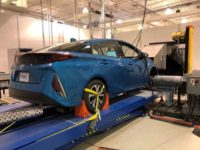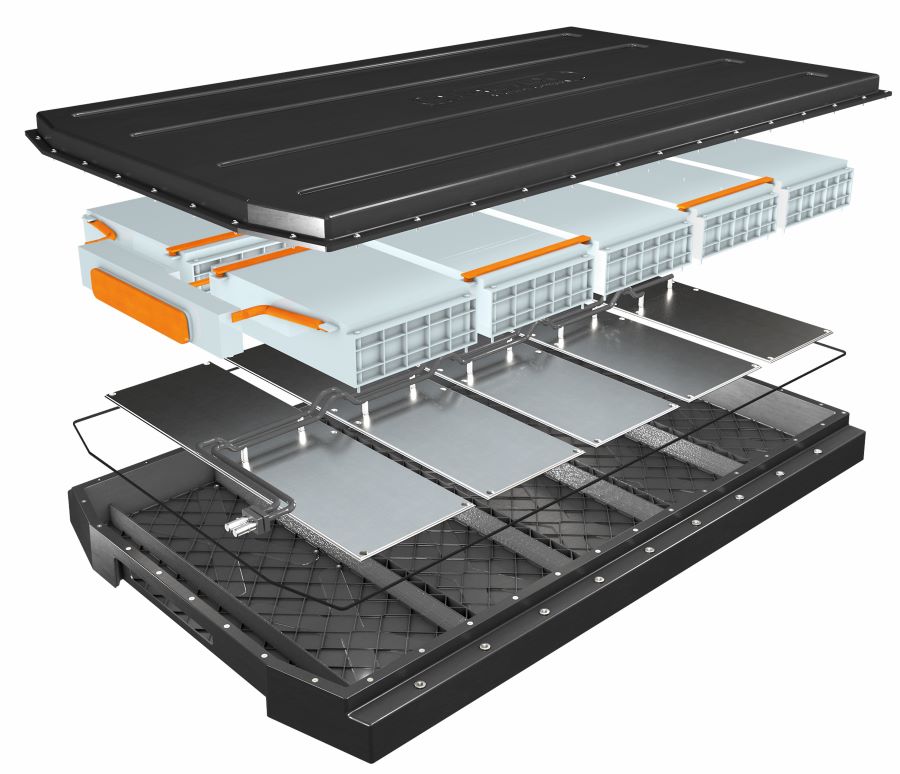WHITLEY, England—Jaguar Land Rover (JLR) is preparing for future electric vehicles by investing in advanced lightweight composite research to increase range and boost performance. The Tucana project is a four-year effort to accelerate mainstream use of electric vehicles. The goal is to reduce the energy consumption of electrified power trains through increased use of lightweight materials.
The R&D effort will enable JLR engineers to develop lightweight vehicle and power train structures by replacing aluminum and steel with composites capable of handling the increased torque generated by high-performance batteries, while improving efficiency.
The automaker hopes to increase vehicle stiffness by 30 percent, cut weight by 35 kilograms and improve the crash safety structure through the strategic use of carbon-fiber composites parts.
“Advanced composites offer significant reductions in vehicle weight,” says Marcus Henry, research manager at Jaguar Land Rover. “The development of new lightweight body structures to complement the latest zero-emissions power trains will be key as the electrification of our vehicle range continues.
“This project will allow the true environmental credentials of electric vehicles to be realized by enabling wider adoption of the technology and will propel [us] into a world-leading position in low-carbon technology,” claims Henry.



